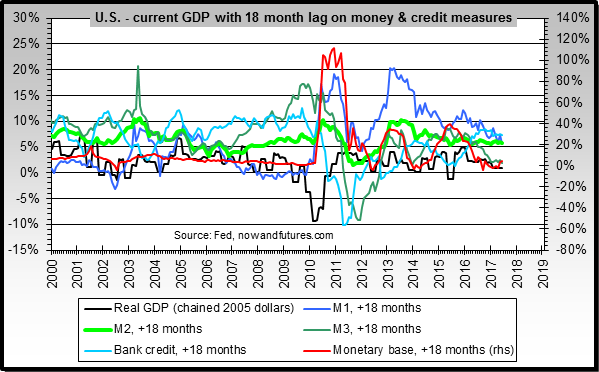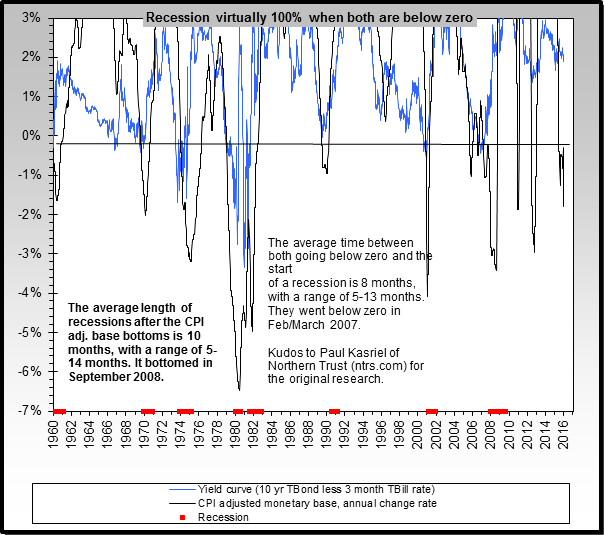Re: Shadow Government Statistics: Hyperinflation could be experienced as early as 201
Hyperinflation for the dollars. Everyone switches to euro for oil and commodities to avoid being sucked into hyperinflation. America living standard drops through the floor when the same dollar buys fewer fuel and commodity whilst wages remain stagnant due to depression.
Originally posted by brucec42
View Post
Hyperinflation for the dollars. Everyone switches to euro for oil and commodities to avoid being sucked into hyperinflation. America living standard drops through the floor when the same dollar buys fewer fuel and commodity whilst wages remain stagnant due to depression.




Comment